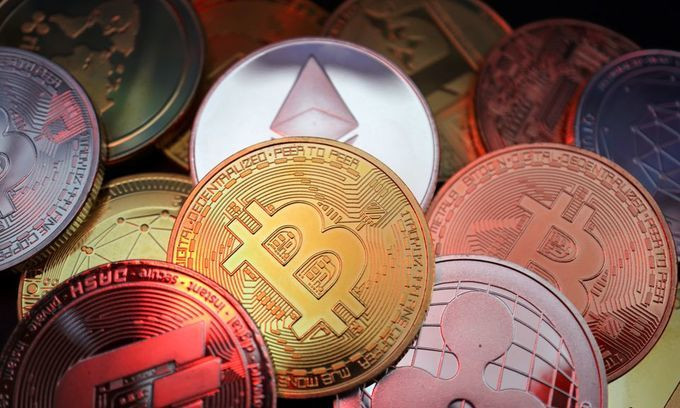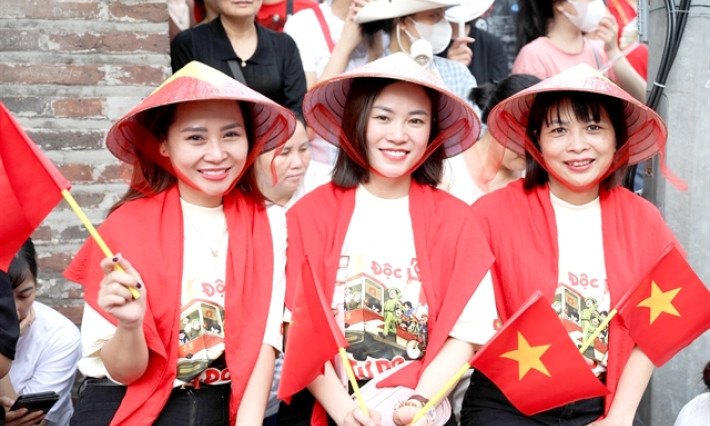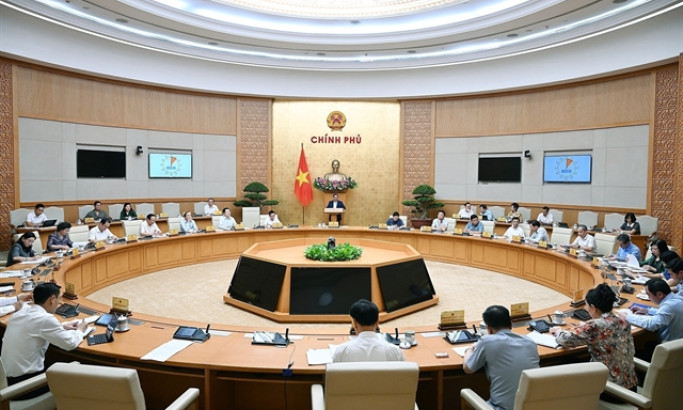PM calls for rules to manage cryptocurrencies
Although cryptocurrencies are not legal tender in Vietnam, they are being traded often and therefore, should be regulated, says Prime Minister Pham Minh Chinh.
Although cryptocurrencies are not legal tender in Vietnam, they are being traded often and therefore, should be regulated, says Prime Minister Pham Minh Chinh.
At a National Assembly meeting on drafting laws against money laundering, Chinh and several lawmakers discussed transactions in virtual currencies and how to prevent such currencies from being used to launder money.
Since Vietnam has not recognized virtual currencies as legal tender, the government agreed that it shouldn't be in the bill that is to be submitted to the National Assembly, but Chinh said he had reservations.
"I'm a little worried about virtual currencies because though they haven't been recognized, people are still trading in it," he said.
Several National Assembly members pointed out that in addition to cash, gold and foreign currencies, there were many other tender being transacted popularly, like virtual currency.
Trinh Lam Sinh, deputy head of the An Giang National Assembly delegation, cautioned that many people were trading in virtual currencies that could be used to finance a variety of crimes, including terrorist actions.
In the discussion on virtual money and digital currencies, Nguyen Manh Hung, standing member of the National Assembly Economic Committee, said money laundering via cryptocurrency was an existential issue.
Dao Hong Van, NA deputy from Hung Yen Province, agreed with Hung, saying that if the amended draft law against money laundering does not regulate virtual money and virtual currency transactions, "there will be a loophole for money laundering."
Organizations and individuals, for example, can use real money to purchase cryptocurrencies then convert it into legal money abroad, he said, implying that cryptocurrencies will make it simple to transfer money abroad without being controlled by the state.
Nguyen Minh Duc, deputy chairman of the National Defense and Security Committee, said that the way transactions are done with virtual currencies is quite similar to online games where people try to use illegally-obtained money to buy virtual currencies, which they can then exchange for cash.
Several delegates then suggested that that the draft amendments to the money laundering law include rules on virtual currencies and related transactions.
Bitcoin and other cryptocurrencies are not recognized as a legitimate means of payment in Vietnam. The State Bank of Vietnam has warned that owning, trading and using cryptocurrencies are risky and not protected by law.
According to digital currency payment company Triple A, around 5.96 million Vietnamese, or 6.1% of the population, own cryptocurrencies.






